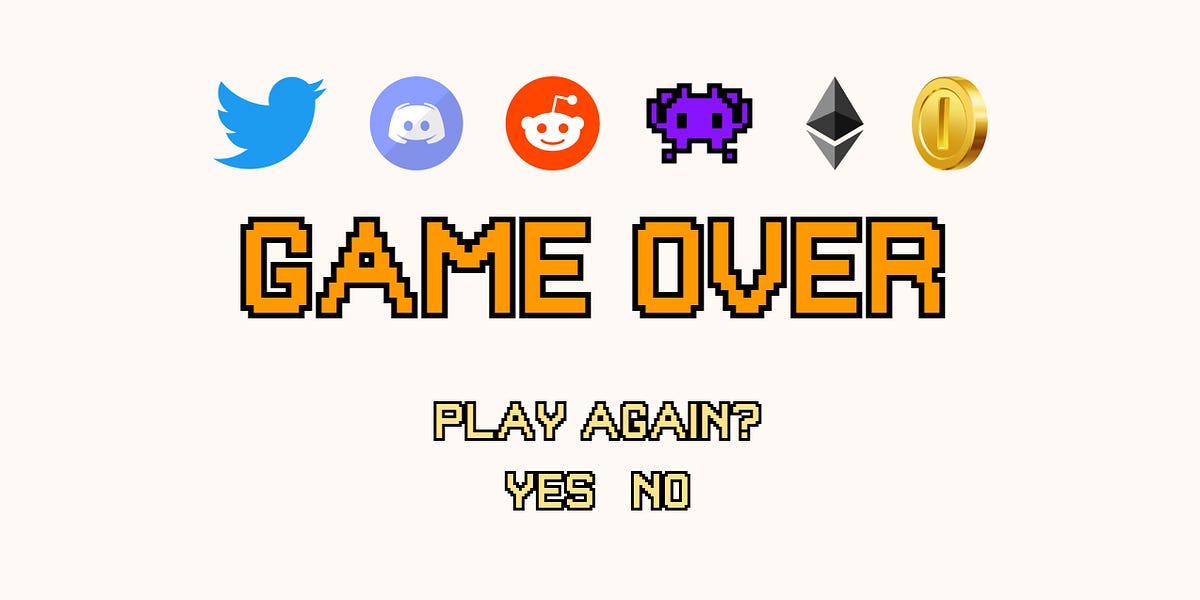sari
@sari
making Sublime — for you and for me.
sari
@sari
making Sublime — for you and for me.
But when designing an interface for finding a note in a small pile of personal notes, or building an app to organize a small team’s working documents, most of the “finding stuff” interface ideas are in play. It’s in these situations where I want to make the argument: prefer interfaces that let the user incrementally move towards the right ans
... See moreWe’ve recently had this big debate over whether or not college loans should be forgiven. The conversation has all been around “is it fair to burden kids with so much debt or is it fair to effectively punish the people who repaid their loans?” I think both of those are besides the point. The real issue is that the value proposition of going to coll
... See more